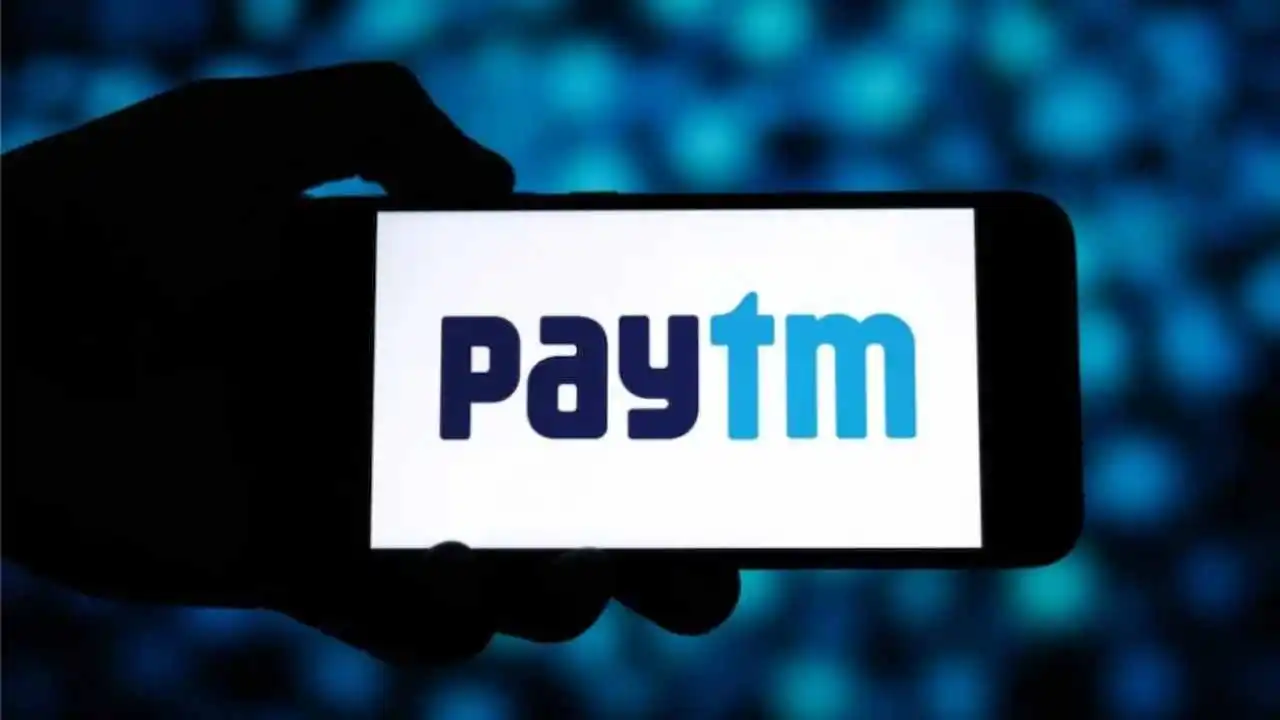In a significant development for India’s booming online gaming industry, the Supreme Court of India has stayed the ₹5,712 crore Goods and Services Tax (GST) notice issued to Paytm’s gaming subsidiary, First Games Technology Pvt Ltd. This move provides temporary relief amid ongoing legal battles over GST applicability and tax rates on real money gaming platforms.
Background: The GST Notice and Its Implications
The Directorate General of GST Intelligence (DGGI), New Delhi, issued a show cause notice (SCN) to First Games in April 2025, demanding a hefty tax liability for the period between January 2018 and March 2023. The department contended that the GST liability should be calculated at 28% on the total entry amount (total bets placed) rather than the 18% GST paid on the platform fee or gross gaming revenue by First Games and other similar platforms.
This demand is part of a broader crackdown on the real money gaming (RMG) sector, with over 70 show cause notices issued to various gaming companies, collectively amounting to over ₹1.12 lakh crore in alleged GST dues.
Supreme Court’s Stay Order: What It Means
On May 23, 2025, the Supreme Court stayed all proceedings related to the ₹5,712 crore GST notice against First Games, following a writ petition filed by the company on May 3. The apex court’s order halts further action on this notice until the final disposal of the main matter and other related cases.
One97 Communications, the parent company of Paytm and First Games, clarified that this is an industry-wide issue affecting multiple gaming platforms, not just First Games. The stay provides crucial breathing space for the company and signals the court’s intent to thoroughly examine the GST classification and tax rate dispute in the real money gaming sector.
The Core Dispute: Tax Rate and Retrospective Application
The heart of the controversy lies in the GST Council’s 2023 decision to impose a 28% tax on the total value of bets placed on real money gaming platforms, replacing the earlier 18% tax on gross gaming revenue or platform fees. The government’s retrospective application of this rule to past years has been challenged by gaming companies as unfair and detrimental to business certainty.
Gaming firms argue that GST should apply only to their service fees, not the entire bet amount, as many games involve skill rather than pure chance. The classification of participation fees as “actionable claims” by tax authorities has also been contested.
First Games’ Financial Performance Amid Regulatory Headwinds
Unlike many other verticals of Paytm, First Games has been profitable recently, posting a net profit of ₹10.6 crore in FY24 compared to a net loss of ₹21.6 crore the previous year. However, its revenue halved to ₹213.5 crore in FY24 from ₹487.4 crore in FY23, reflecting challenges such as regulatory pressure and a decline in app downloads.
Industry-Wide Impact and Future Outlook
The Supreme Court’s stay is a temporary relief for the entire real money gaming industry, which is a substantial part of India’s $3.7 billion online gaming market projected to grow to $9.1 billion in the coming years. The sector’s growth is fueled by rising internet penetration, smartphone adoption, and increasing disposable incomes.
Several gaming companies, including Dream11, Gameskraft, and others, have also approached courts to challenge similar GST notices, arguing against retrospective tax demands and classification issues.
What Lies Ahead for Real Money Gaming in India?
The Supreme Court’s final verdict will be pivotal in shaping the regulatory landscape for online gaming in India. A clear ruling on GST applicability, tax rates, and retrospective enforcement will provide much-needed clarity and stability for investors and operators in this fast-growing sector.
Meanwhile, companies like Paytm’s First Games continue to focus on navigating regulatory challenges while innovating and expanding their offerings in skill-based games like rummy, fantasy sports, and more.
